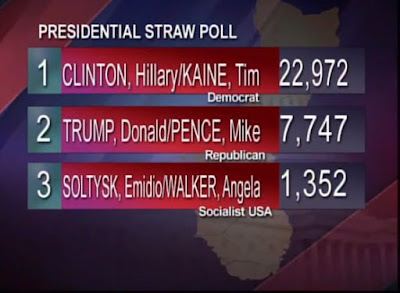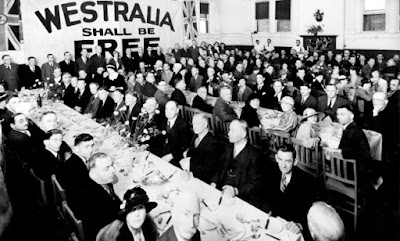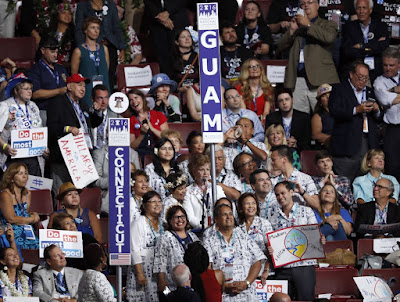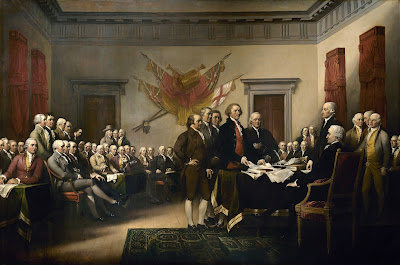Adios Travis Coffman
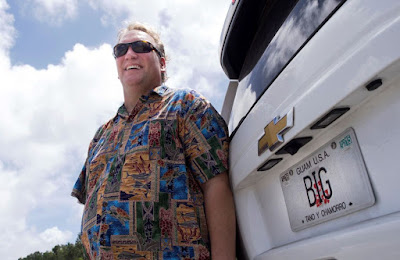
Travis Coffman, a notable figure in Marianas media over the past few decades passed away recently. He was best known for his role in talk radio in Guam at K57. And as such, he was someone that I would interact with quite frequently. I went on his show several times to be interviewed about various topics. He was always respectful to me in public, and I would sometimes see him at anime, manga and nerd conventions on the island. But for many Chamorro activists, they saw him as someone who could frequently be anti-Chamorro in his statements on the air. I definitely heard elements of that when he would be on the the radio, and I would sometimes get text messages or emails, telling me to listen to what Travis was saying today. When I say anti-Chamorro, what it usually boiled down to was being dismissing of Chamorro issues and Chamorro concerns, but not necessarily someone who would ever say that Chamorro culture sucks. But someone who would use his position to belittle activists fighting f
